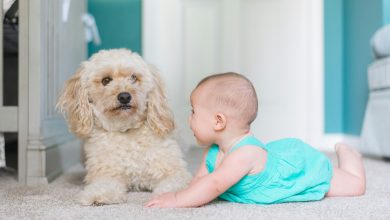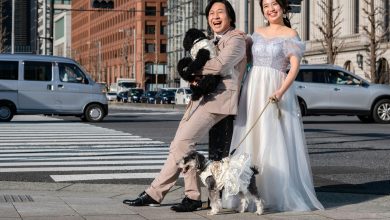Socialization Tips for Puppies to Prevent Behavioral Issues
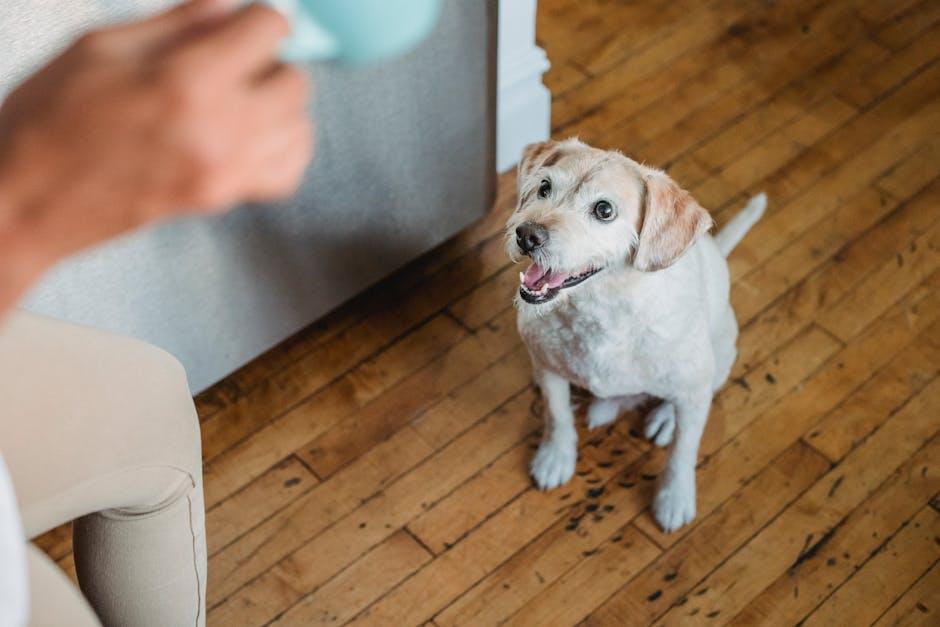
In the heart of every wagging tail and playful bark lies a world brimming with curiosity and potential. As puppies embark on their journey from the warmth of their mother’s embrace to the bustling world of humans, the experiences they encounter shape their futures in profound ways. The early stages of a puppy’s life are not just about learning where to find the tastiest treats or the coziest nap spots; they are a critical window for developing the social skills that will help them navigate the complexities of life with confidence and grace. In this article, we delve into the art of socializing puppies—a delicate dance that, when performed thoughtfully, can prevent a host of behavioral issues down the line. Join us as we explore the tips and techniques that can transform a boisterous bundle of fur into a well-mannered companion, ready to meet the world with an open heart and a wagging tail.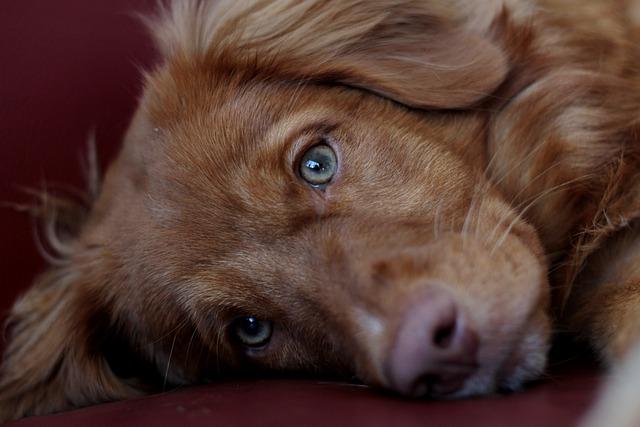
Creating Positive Early Experiences
Early encounters with the world shape a puppy’s future behavior, making it essential to introduce them to a variety of experiences in a safe and controlled manner. The goal is to create associations that are both positive and enriching. To achieve this, focus on introducing your puppy to different environments, sounds, and surfaces. For example:
- Explore new places: Take your puppy on short trips to different locations such as parks, quiet streets, or even a friend’s backyard.
- Introduce varied sounds: Play recordings of common household noises, like the vacuum cleaner or doorbell, at a low volume to acclimate them.
- Experience diverse textures: Let them walk on grass, sand, and wooden floors to get used to different sensations under their paws.
Equally important is the interaction with a range of people and animals. Ensure these interactions are calm and positive, helping your puppy build confidence and learn to communicate effectively. Invite friends over to meet your puppy, and if possible, arrange playdates with other vaccinated dogs. Always supervise these interactions to ensure they remain positive, and reward your puppy with treats and praise for calm behavior.
Encouraging Healthy Interactions with Other Animals
Creating a foundation for positive interactions with other animals is essential in shaping your puppy’s social skills. Start by introducing your puppy to a variety of animals in a controlled and calm environment. It’s crucial to ensure that these animals are well-behaved and vaccinated to prevent any health issues. Observe your puppy’s body language closely to ensure they are comfortable and not overwhelmed. Positive reinforcement with treats and praise can help build confidence and encourage friendly behavior.
- Gradual Exposure: Begin with short and positive encounters, gradually increasing the duration as your puppy becomes more comfortable.
- Use of Leashes: Keep both animals on leashes initially to maintain control over the interaction.
- Respect Boundaries: Allow your puppy to retreat if they feel threatened or uneasy, and never force interactions.
By facilitating these healthy interactions, your puppy can develop into a well-adjusted and socially adept companion. Remember, patience and consistency are key in nurturing these lifelong social skills.
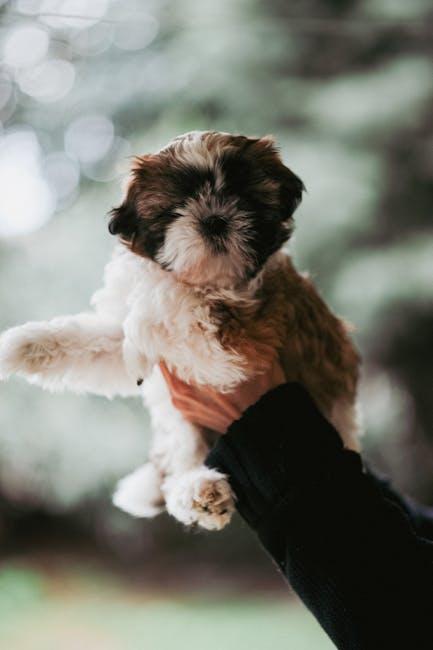
Introducing New Environments Gradually
When it comes to helping your puppy acclimate to the world around them, taking a step-by-step approach can make all the difference. Gradually introducing new environments ensures your furry friend isn’t overwhelmed by unfamiliar sights, sounds, and smells. Start by exposing your puppy to different areas of your home, allowing them to explore at their own pace. Once they’re comfortable, expand their horizons by taking them to quiet outdoor settings, such as your backyard or a nearby park during off-peak hours.
- Vary the scenery: Introduce them to different textures underfoot, like grass, sand, or gravel.
- Keep it positive: Use treats and praise to reinforce calm behavior in new settings.
- Introduce one element at a time: If you’re in a new park, let them get used to the environment before adding the challenge of meeting new people or dogs.
- Observe their comfort level: Watch for signs of stress and adjust your approach accordingly.
By taking it slow and providing consistent support, your puppy will develop the confidence needed to face the world without anxiety, setting a solid foundation for a well-adjusted adult dog.
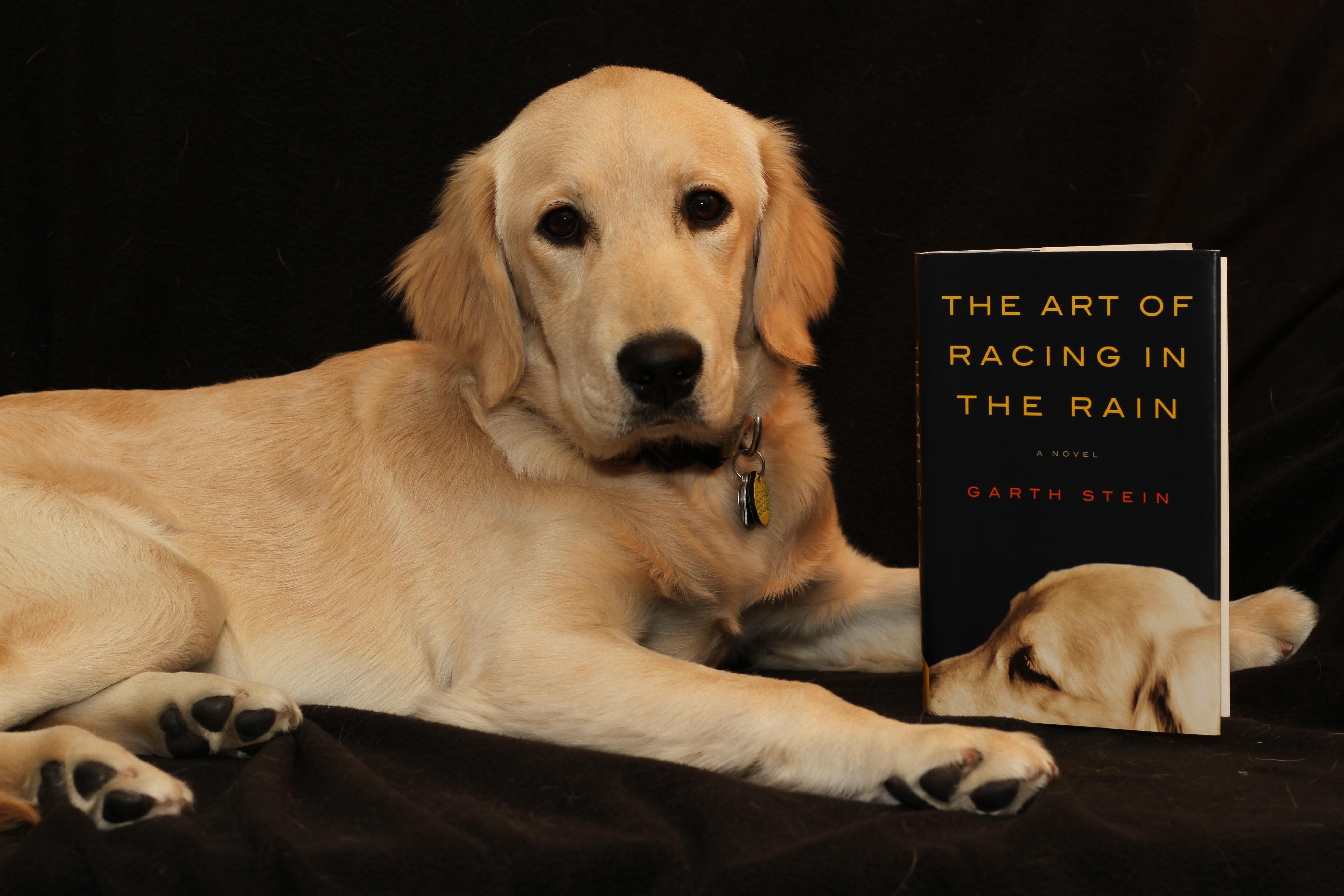
Fostering Confidence Through Controlled Exposure
Building a well-adjusted puppy is akin to nurturing a delicate plant—each exposure is like a ray of sunlight, fostering growth and resilience. Controlled exposure is the key to cultivating confidence in your puppy, helping them navigate the world with poise. Introducing your puppy to a variety of environments, sounds, and experiences in a measured way can prevent the onset of fear-based behavioral issues.
- Gradual Introductions: Start with quieter, less populated environments before progressing to busier settings. This helps your puppy acclimate without feeling overwhelmed.
- Diverse Experiences: Expose your puppy to different sounds, textures, and people. A trip to a park, a stroll on a beach, or a walk on city streets can offer varied stimuli.
- Positive Reinforcement: Reward your puppy for calm behavior during new experiences. Treats and praise can reinforce their confidence and make each encounter a positive one.
- Consistency is Key: Regular, short sessions of exposure are more beneficial than sporadic, longer ones. Consistent exposure helps in building familiarity and comfort.
By carefully orchestrating these experiences, you’re not just teaching your puppy to adapt; you’re equipping them with the confidence to face any challenge the world throws their way.
